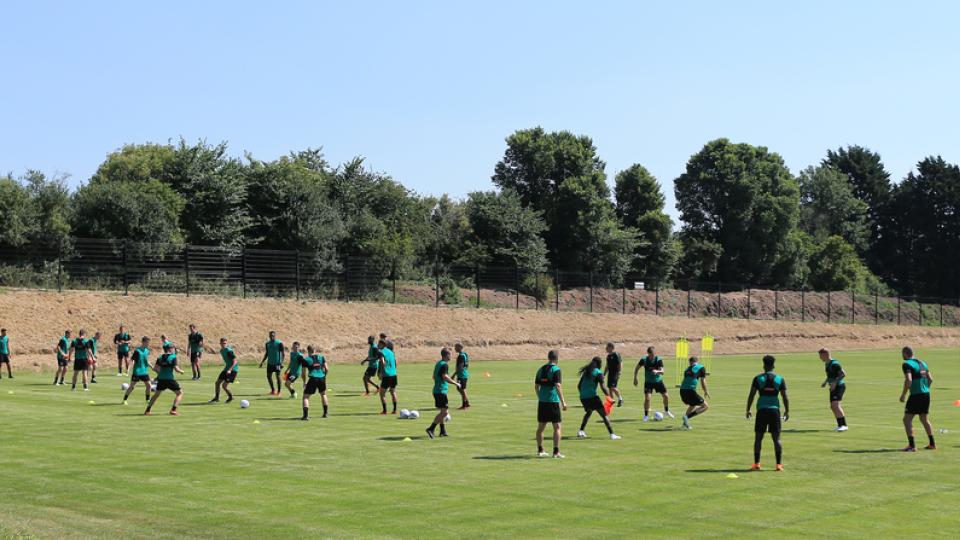IT is the job of any coaching staff to obtain as much information on their opposition as possible, find every angle to give your team an advantage on a Saturday afternoon.
The field of ‘football research’ took a new twist last week when Leeds United manager Marcelo Bielsa admitted to sending a member of his staff on a spying mission at the Derby County training ground prior to their Championship match at Elland Road.
While the general reaction has been one of distaste and disapproval, Argyle boss Derek Adams conceded there is little that can be done to stop opponents gathering covert information.
“I think it does go on, it has been going on for many years,” said Derek. “Clubs look to get any advantage they possibly can.
“It becomes very difficult nowadays to name your team in the week of a game because players you leave out or players talk to agents, and the team does get out. That’s nothing new, it has happened for many years.
“Maybe the extent that Bielsa has gone into has taken it to an extreme. It certainly does go on, I can’t categorically say how many clubs do it but I think all football clubs want to get an advantage and want to find out the opposition team before half past one on a Saturday.“
While Derek has never encountered anyone looking to gain a “scoop" on his side before an upcoming fixture, he can do little to prevent it, and pointed out that other countries embrace the concept.
“What I have experienced is people watching training, there’s nothing wrong with that," he said. "In Germany, the doors are open for most sessions to the public. If someone wants to watch our training sessions, they watch behind the perimeter fence, we can’t stop it.
“It will continue to happen unless you have very good security. There is nothing wrong with that, the opposition could be standing watching. If an opposition thinks that they can get an advantage by watching, then that is their prerogative.
“They might not get an advantage out of it because the team they are watching might just be better than the team they are playing against. Managers and coaches watch hours of video footage to see short corners and different styles of play to try to get an advantage and that is what he [Bielsa] has done.
“He has obviously upset a number of people but sometimes that’s the way it is when you get ahead of the pack, so to speak. “
The power of social media has made it increasingly difficult to keep information in-house and, as a result, fans are not allowed to observe the daily activities at Home Park and Derek would prefer to keep it that way.
“We don’t allow that to happen because what will happen nowadays with social media, some players will not be training through an injury and we don’t allow them [supporters] to pick up on that quickly,” said Derek.
“We do know that information does get out because people want to get information before anybody else, it’s that kind of world we are in.
“The world has changed because, in years gone by, we had dial-up telephones and you would probably only talk to one or two people, but nowadays you have Twitter, Facebook, WhatsApp or whatever it is. Instantly, you can tell the world what has happened at an event.
“That is probably disappointing for people who would like to come and look at things. One of the main reasons we don’t allow supporters in is that we don’t want things to get out there quickly.“

